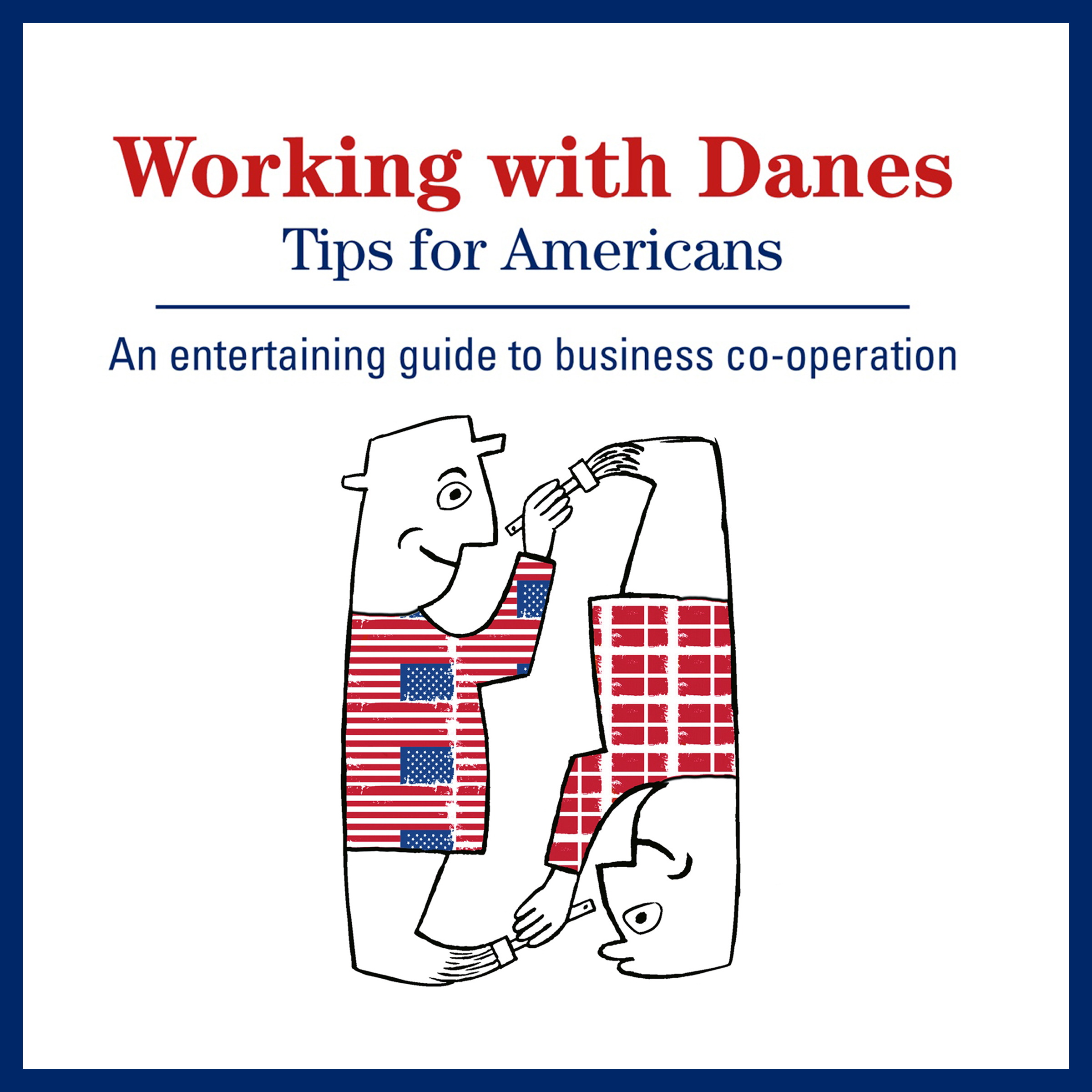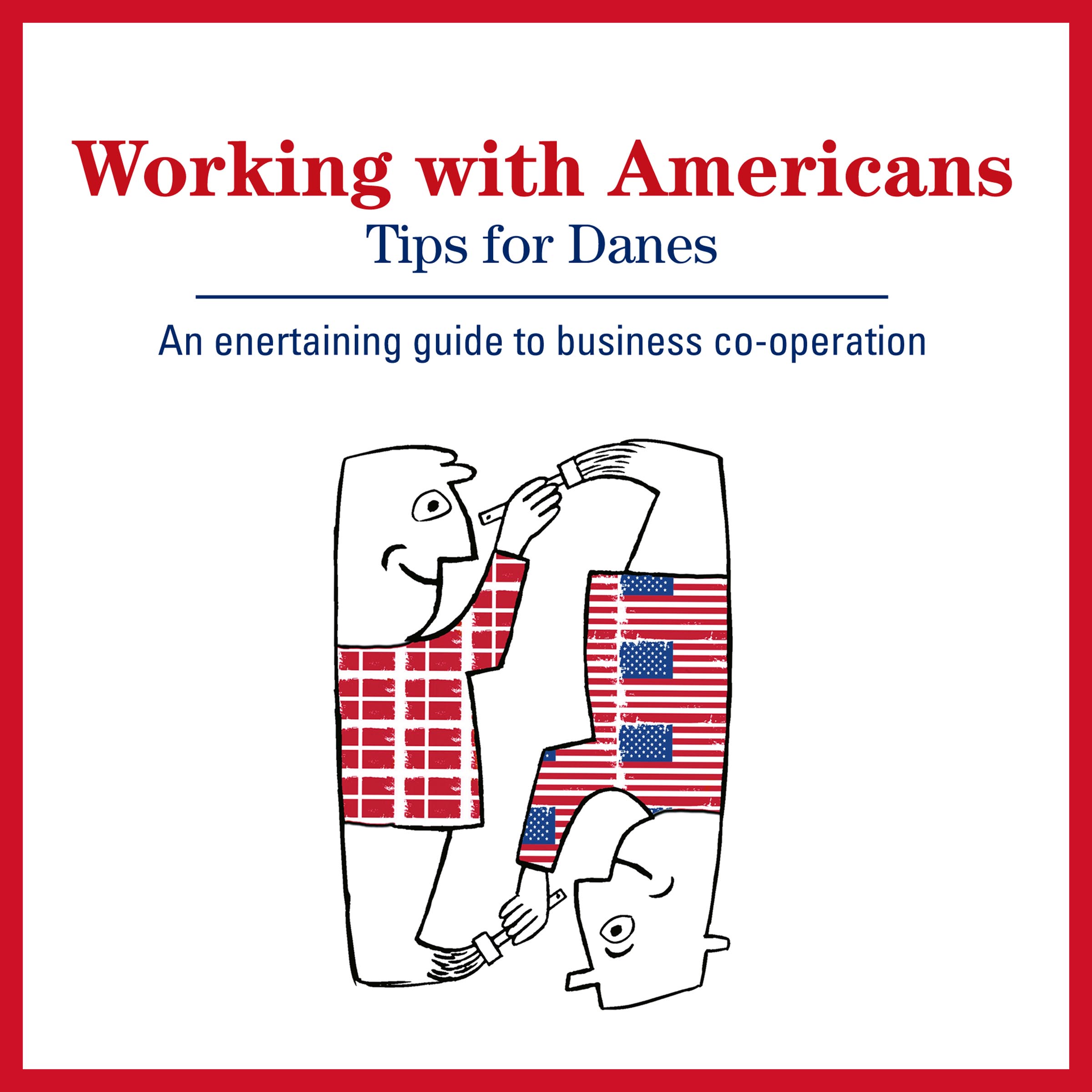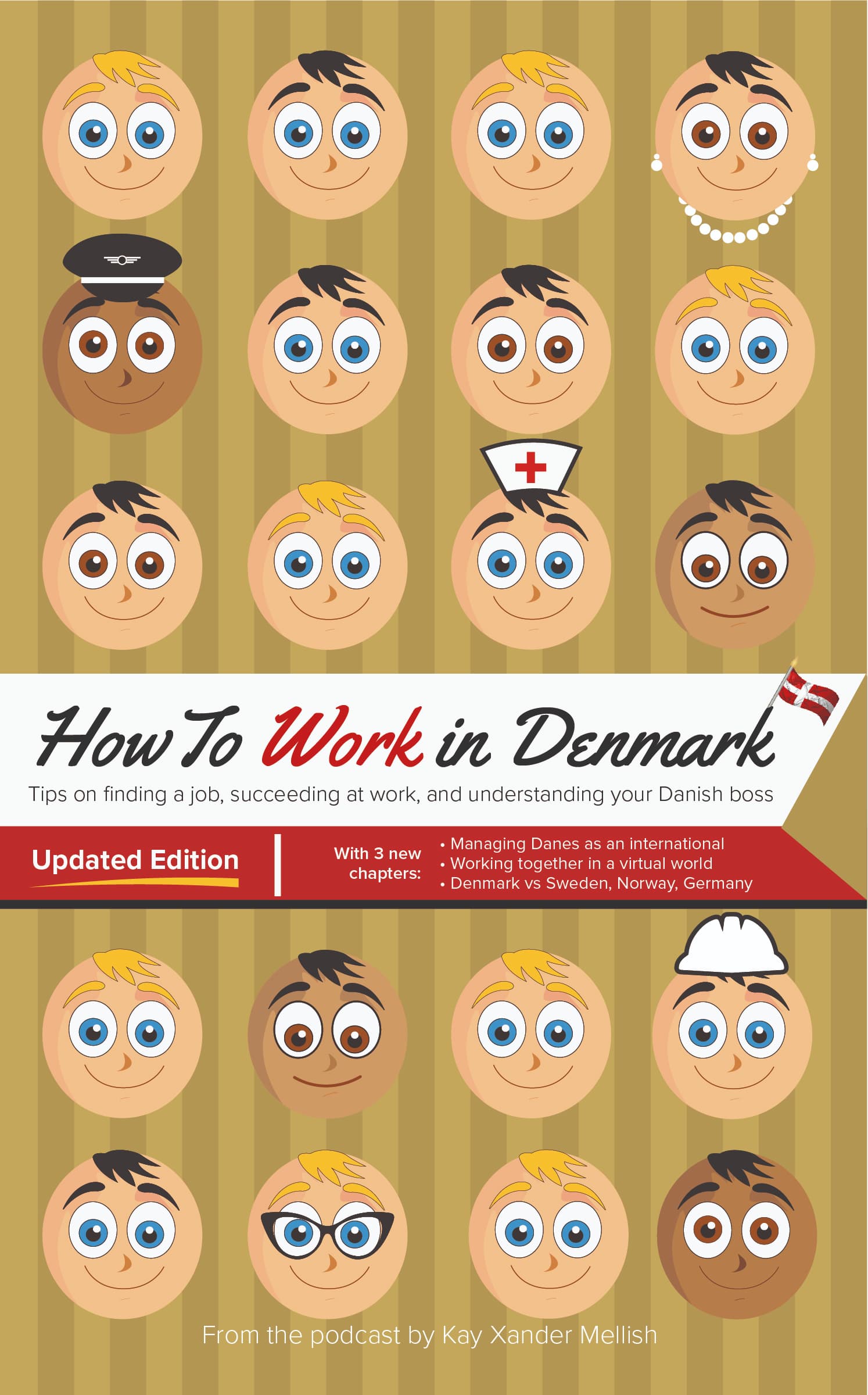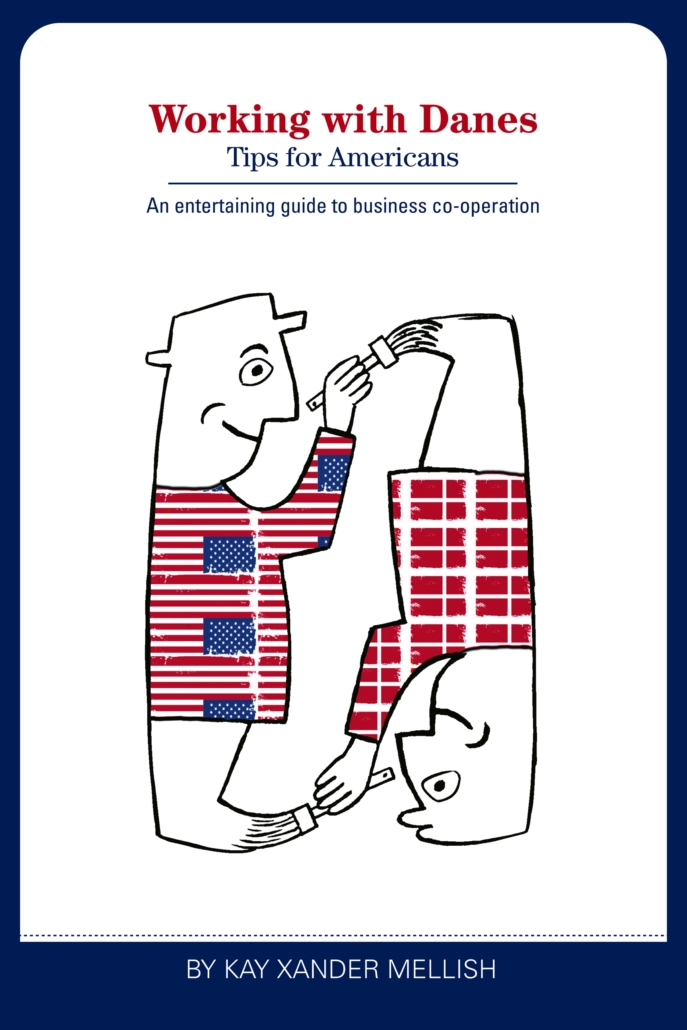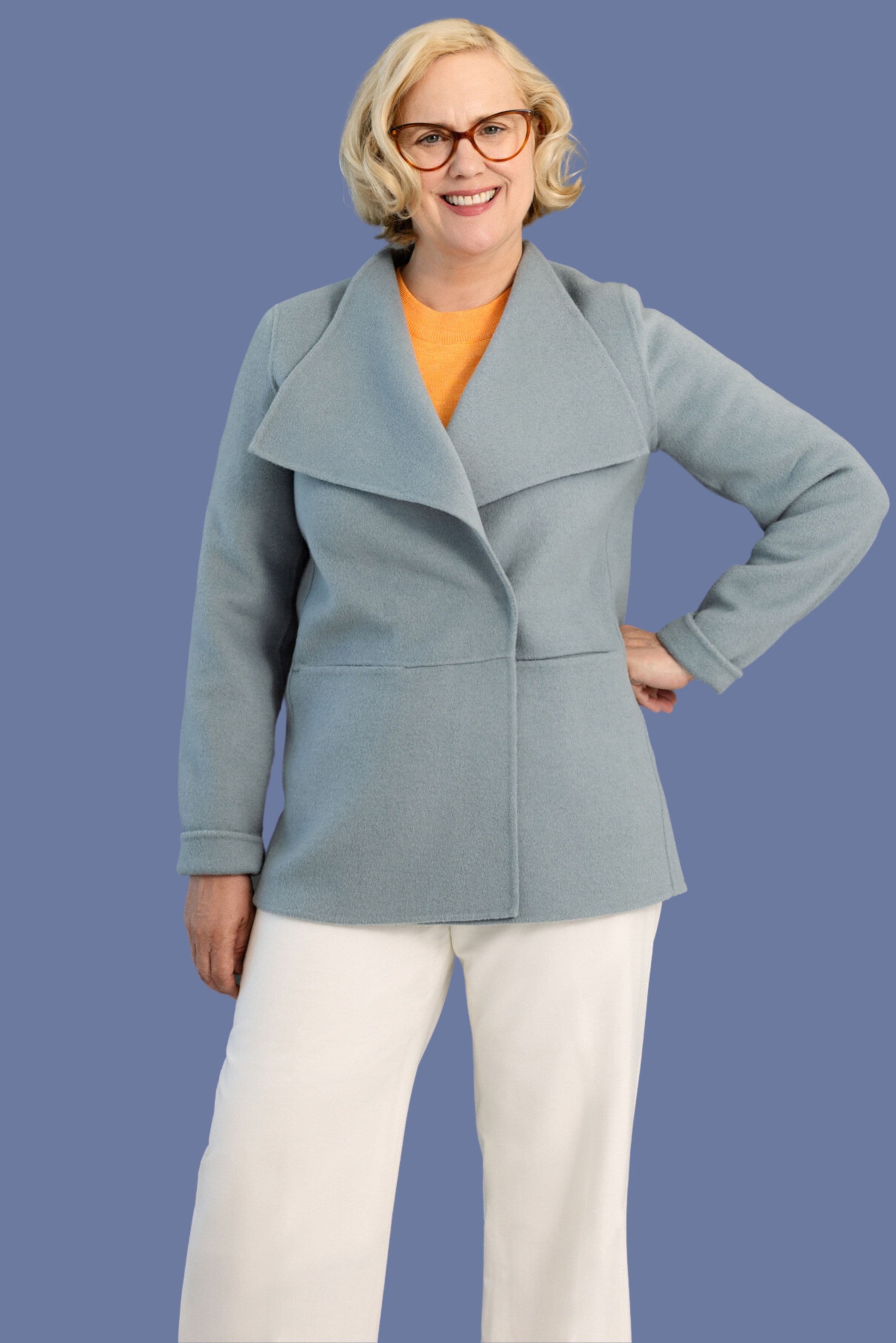Business culture in Denmark
A few quick tips
Business culture in Denmark places a high priority on trustworthiness, efficiency, and quality.
The most significant cultural differences in Danish business culture compared to the USA are the differing attitudes towards hierarchy and ambition, and the contrast between Danish trust and the US tendency towards litigation and lawsuits.
In addition, Americans like to show off their energy and enthusiasm, which can create conflicts with the calm, reserved, practical Danes.
Low hierarchy and trust: two major aspects of business culture in Denmark
As a small, homogenous country with a long tradition of co-operation, Denmark is one of the most trusting countries in the world. Danish bosses instinctively trust that their employees are doing the work assigned to them and feel little need for monitoring and micromanagement.
American bosses, by contrast, feel like they need to know everything that is going on in the areas they manage. They need to be “in the loop”, because under the US legal system they could face a lawsuit for any defects in their product or service, or any racial prejudice or sexual harassment going on in their team.
This often leads to a clash when American bosses work with a Danish team: Danish employees may feel like their American boss is overly controlling and won’t give them space to do the jobs they were hired for.
And if a Danish boss works with an American team, they may feel they’re not getting enough guidance or inspiration. In some cases, they may not bother to put in much effort – after all, the boss hardly notices!
Balancing the needs of the employee vs. the needs of the customer
In Kay Xander Mellish’s book Working with Danes: Tips for Americans she touches on another difference between business culture in Denmark and in the US: the balance between the needs of the customer and the needs of the employee.
In Denmark, having a healthy work environment is an important value: so much so that customers may have to accept that employee needs come before their own. For example, Copenhagen airport ran advertisements telling passengers not to pack their suitcases too full, as it made it difficult for baggage handlers to pick up. And buses in some Danish cities shut down on Christmas Eve so that bus drivers can have Christmas dinner with their families.
By contrast, in the US customer convenience is a more important value. Employees work long and sometimes unpleasant hours in order to make sure that customers can get what they want, when they want it.
This can lead to a conflict when it comes to the traditional Danish three-week summer vacation. A US colleague may have a hard time explaining to a customer why they can’t get an order for three weeks because a Danish employee is relaxing with her family.
Talking about personal ambition is less common in Denmark
Danes are very proud of their “flat hierarchy”, and a Danish bosses do their best to act like the equal of the people who work for them.
Talking about one’s personal ambitions is considered in poor taste, particularly among the older generations. (Young people influenced by social media are less likely to be affected by Jante Law, a legendary but mythical law under which people are encouraged to downplay their skills.)
In the US, by contrast, people are constantly on the move. Even if an American is successful in one business, he or she is usually thinking about starting in another one or buying a bigger house or a second house or a new car or moving to another part of the country. If they are parents, they will be constantly plotting to get their children into the best schools or job opportunities.
What’s more, Americans will happily tell you about their ambitions and how they hope to succeed. This can sound a little pushy and obnoxious to the Danes.
Worries about lawsuits less prominent in business culture in Denmark
As Kay Xander Mellish writes in her book Working with Americans: Tips for Danes, one of the major differences between business culture in Denmark and the US is the prevalence of litigation in the US. Being sued is something American businesspeople worry about every day, and it is a part of almost every business decision.
This is particularly important when it comes to hiring. In Denmark, a business can hire whomever seems to be the best fit for its team. But in the US, the hiring process is very rigid, with an enormous number of rules to make sure there is no racial or gender discrimination and that every applicant gets a fair shake.
A hiring manager who fails to follow these rules lays himself open to an expensive lawsuit from an unsuccessful applicant.
The same is true when it comes to firing an employee. Every employee’s work must be carefully documented, so if an employee is fired it can be proven it was because of the quality of her work, not because of discrimination.
Danish companies who plan to hire in the US should obtain the services of an HR specialist who can help them navigate the employment law landscape. And keep in mind that there are 50 US states, and the laws are a little bit different in each.
Less drama and enthusiasm in Danish business culture
The daily American business vocabulary is punctuated with words like Excellent! and Awesome!, while US business communication tends to overuse the exclamation point – not in anger, but as a symbol of excitement.
Danes are by nature calmer, quieter people, which some Americans can misinterpret as disinterest or lack of enthusiasm. In addition, the dry, sarcastic style of Danish humor can be confusing to them: was it a joke or not?
The less excitable approach in business culture in Denmark can lead to misunderstandings when it comes to product and personnel ratings. Americans will often give at least an 8 on a scale of 10 if the product or person is merely acceptable; a Dane might give a 5 or a 6 for the same performance, wanting to save the 10 for something special.




